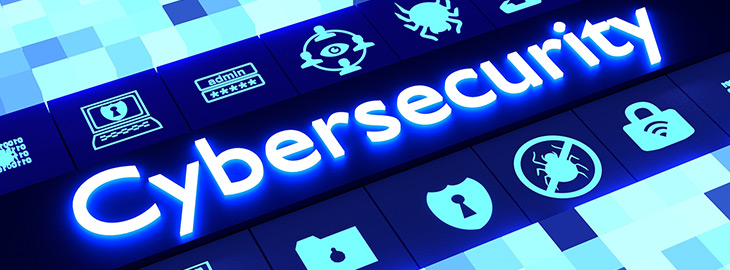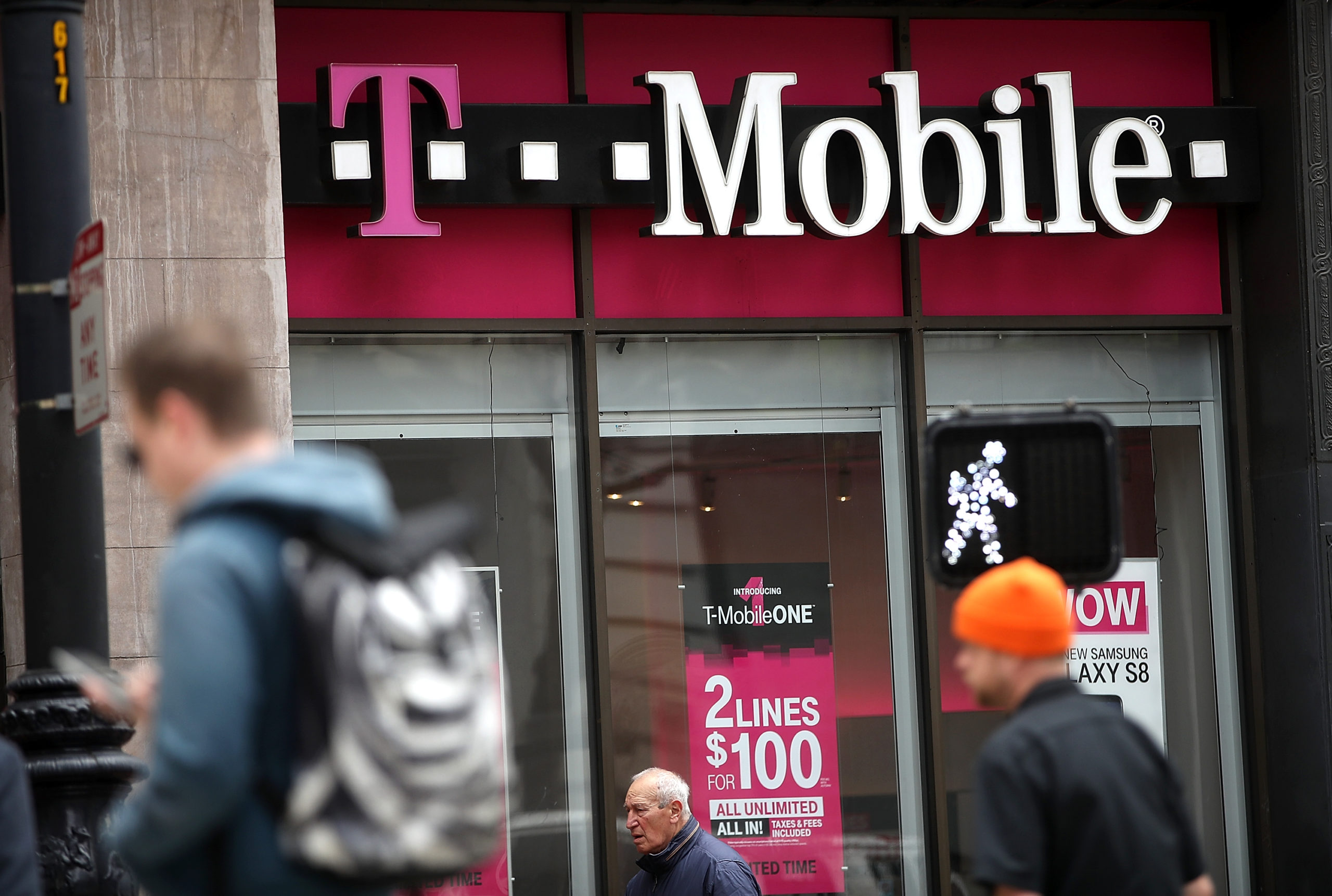
by DTS Staff | Blog
Cyber-security is a big issue for many companies. The feeling that you may not be protected can be a scary one, and it’s something that many enterprises grapple with. They want to stay safe, informed, and ahead of the curve. However, the more one looks into these...

by DTS Staff | Blog
This past week, the Southeastern Pennsylvania region was hit with an unprecedented storm system. Hit with flooding that rivals Hurricane Sandy, and seven tornadoes touching down in Bucks and Montgomery Counties, the losses experienced were catastrophic for many....

by DTS Staff | Blog
Hackers are back in the news this week. This time, cellular carrier T-Mobile, which is used by 104 million people on a daily basis, was hit with a massive breach. This breach exposed the data of almost 50 million T-mobile users. This attack was not limited to current...



